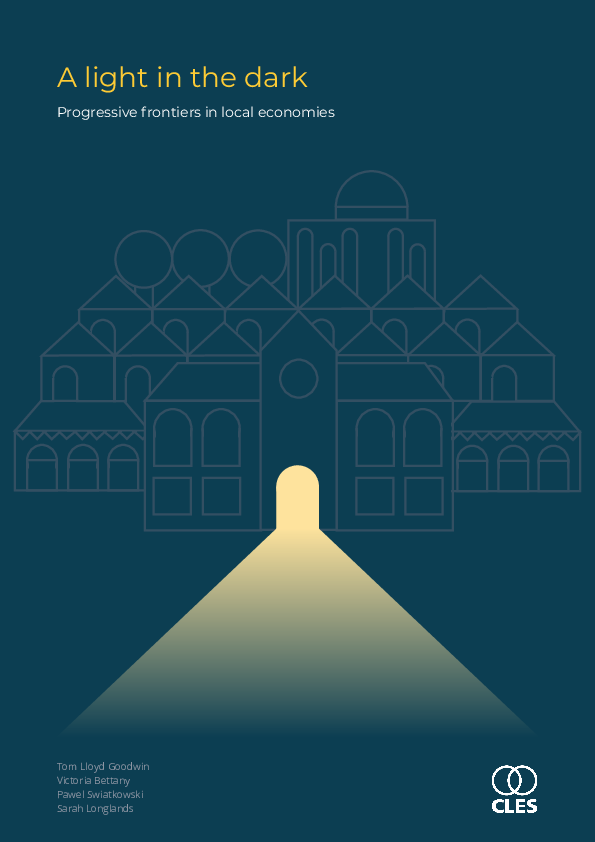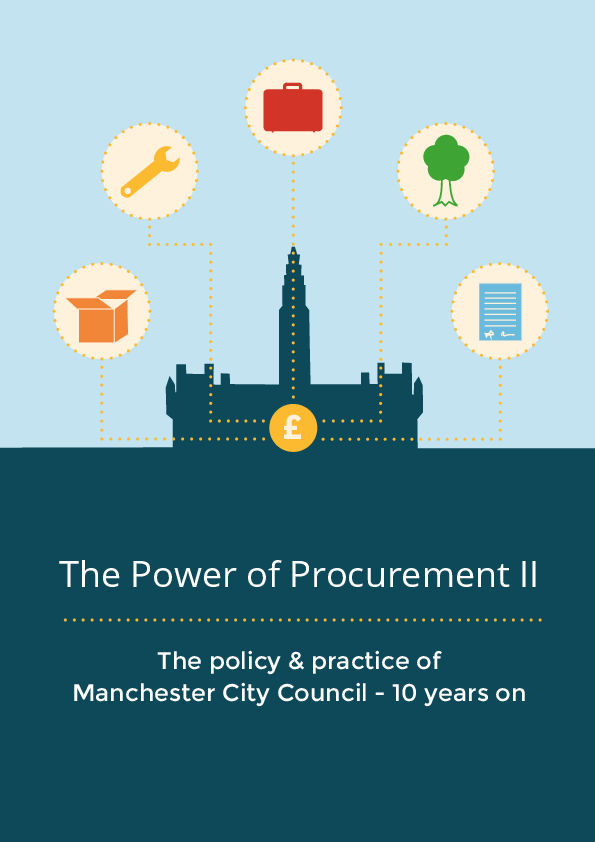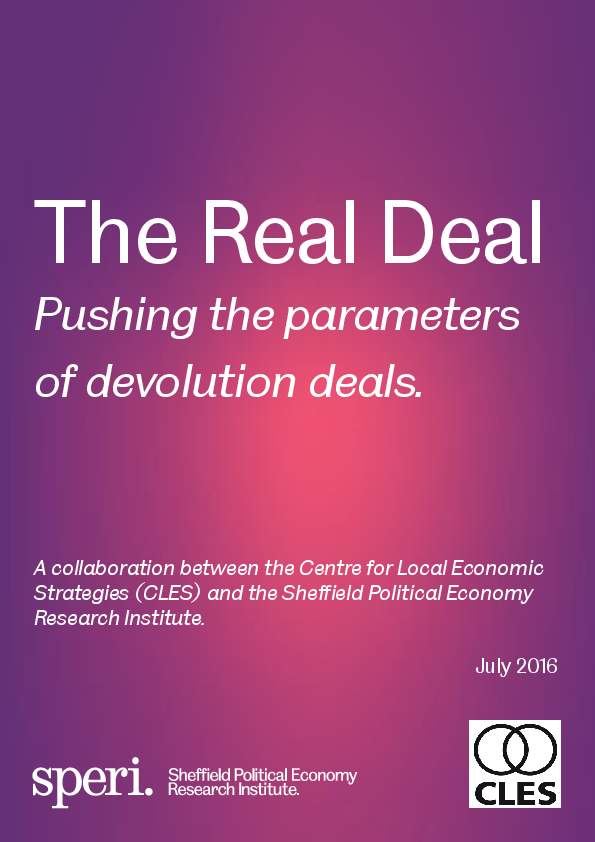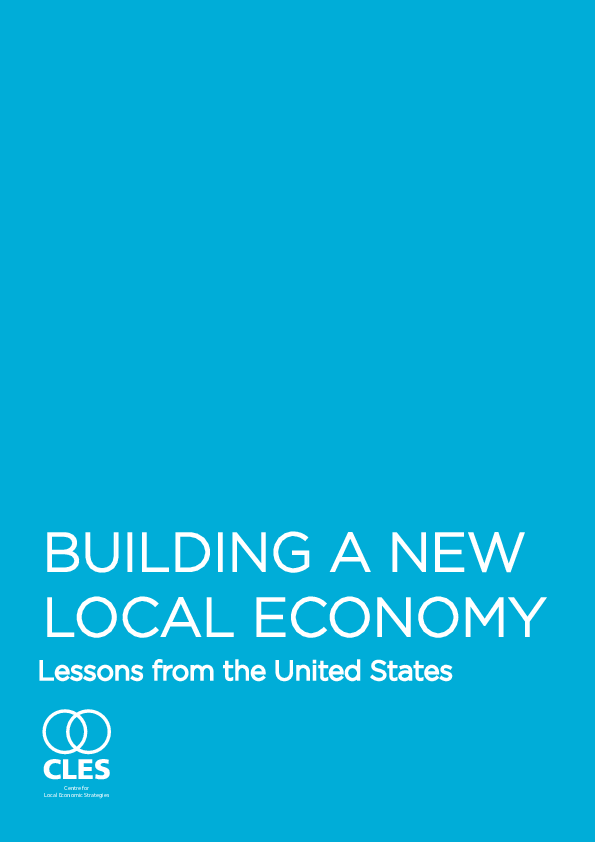Taking forward New Municipalism in London
Following years of austerity, wealth extraction and an economy incapable of responding to social needs, the global New Municipalist movement is taking root here in the UK. In a new publication, New Municipalism in London, the Centre for Local Economic Strategies (CLES) introduces this new concept and, with the London Boroughs of Islington, Hackney and Camden, shows how it is being taken forward.
Like many world cities, London is both a beacon of extravagant wealth (London is the fifth wealthiest city in the world) and grinding poverty (27% of London’s citizens live in poverty). Huge levels of speculative investment and gentrification are pricing ordinary Londoners, communities and businesses out of their own city. Councils reeling from austerity and cuts to vital services are now contending with hollowed out local economies, denuded services and social pain. New Municipalism is a deep intentional fightback against this status quo. It rejects trickle down inclusion after growth, and recognises that service transformation and ‘more for less’ system change is inadequate.













